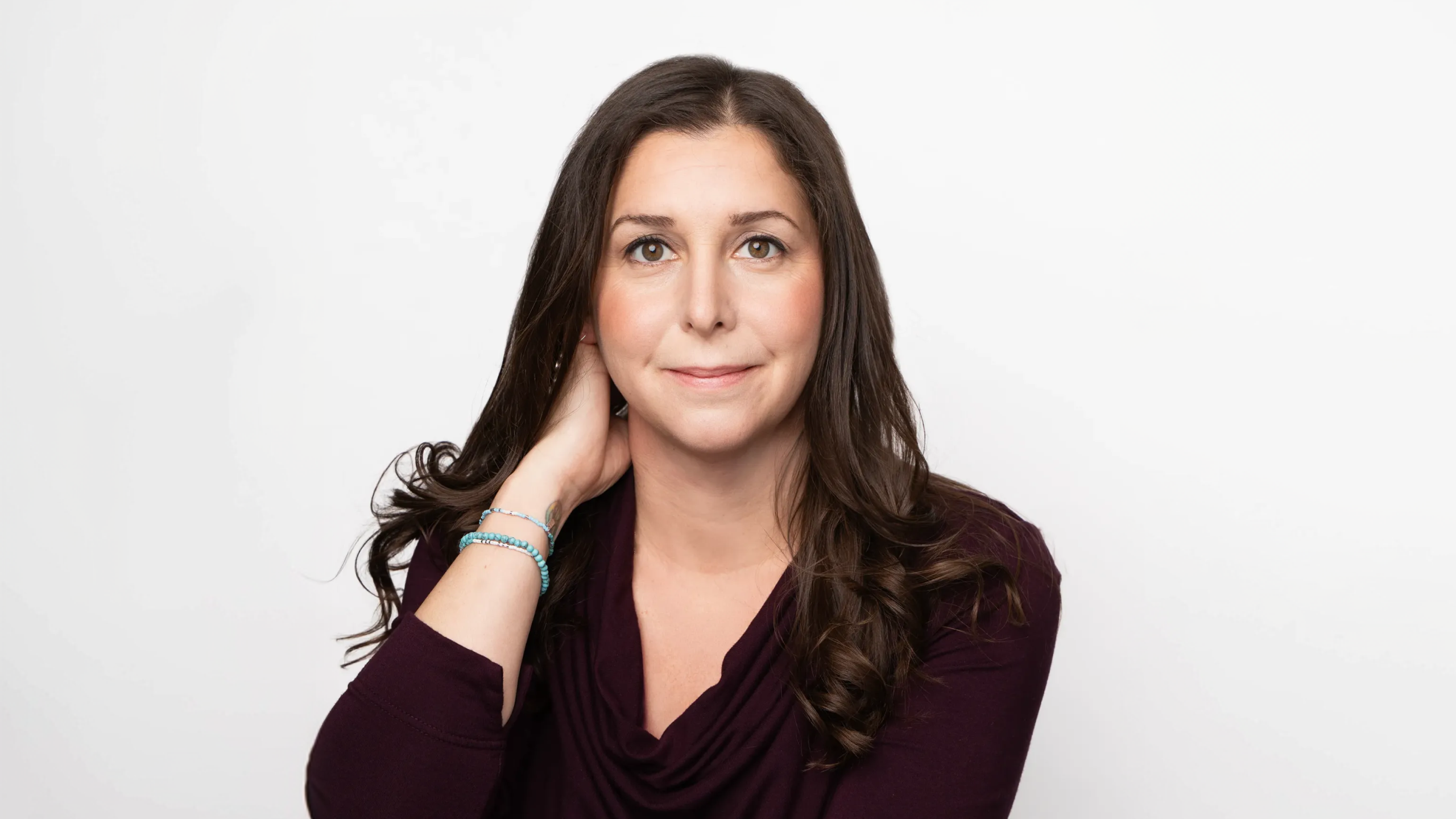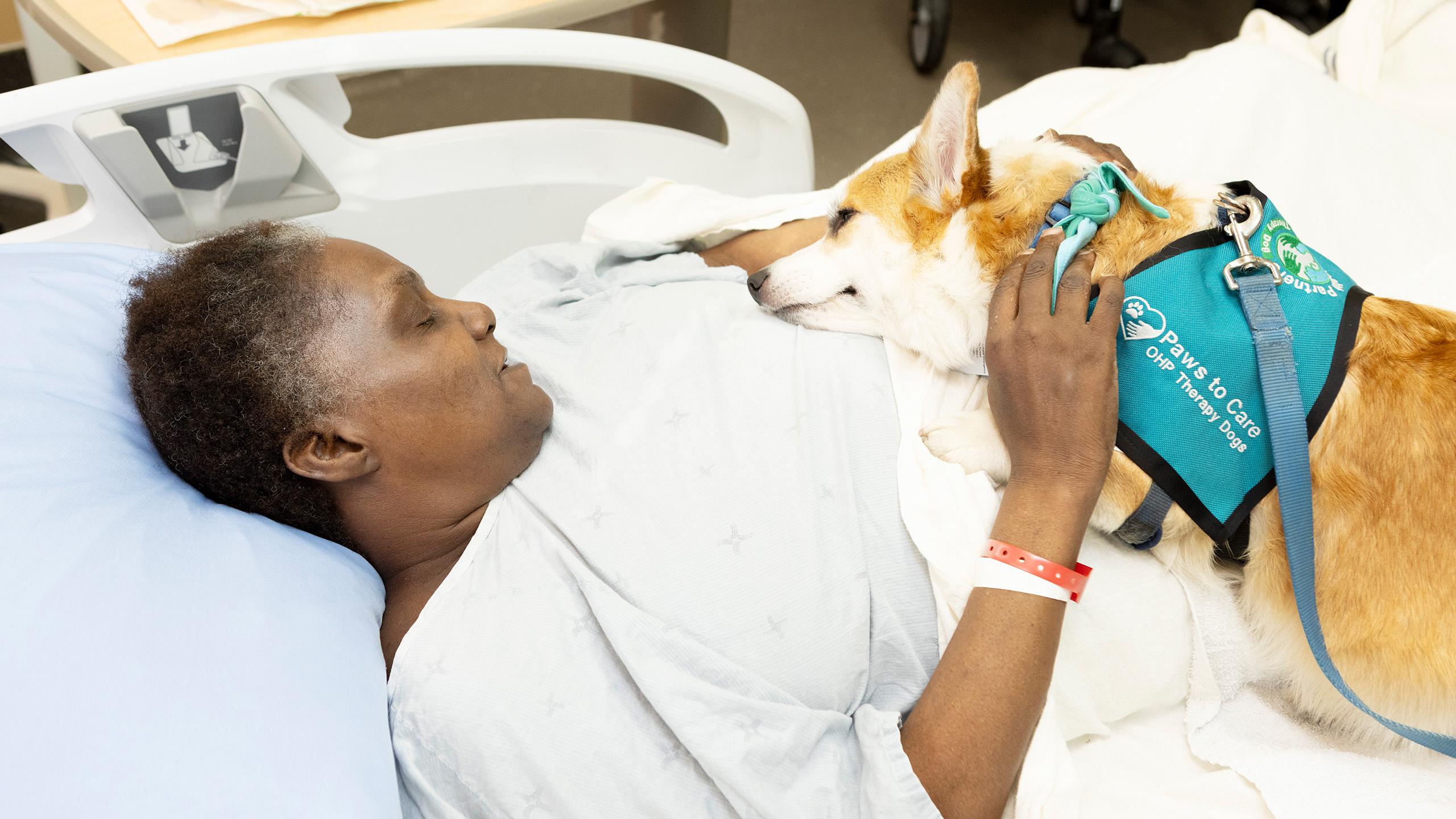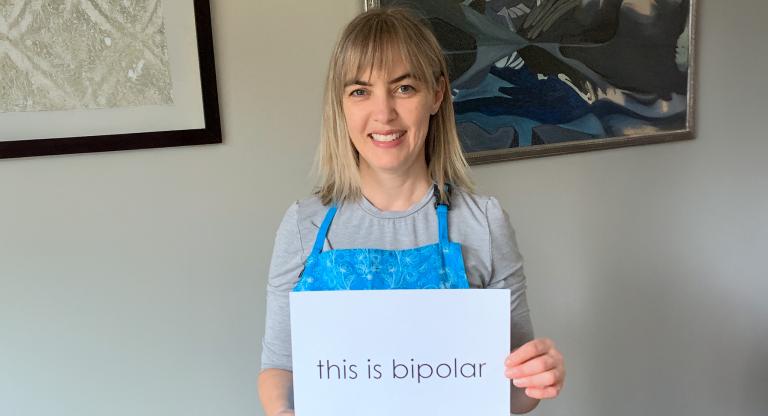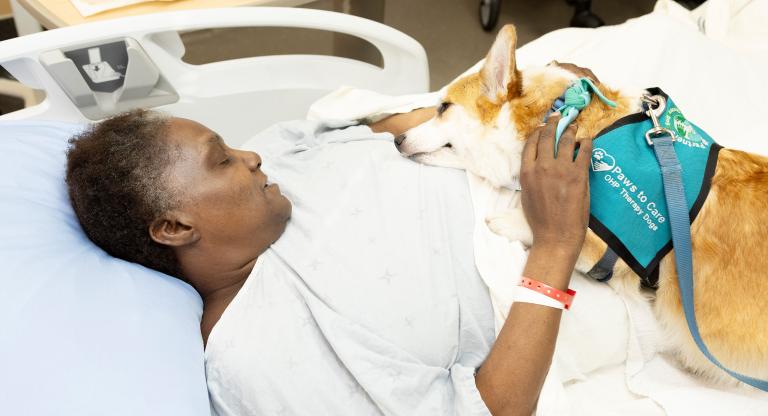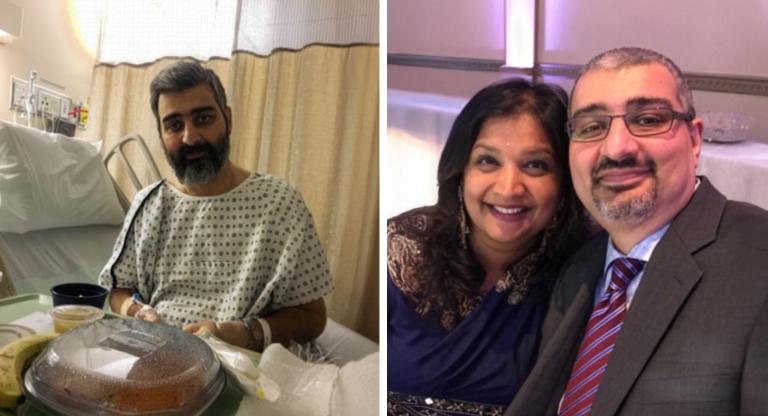More than a flare: One patient's journey with Crohn's disease
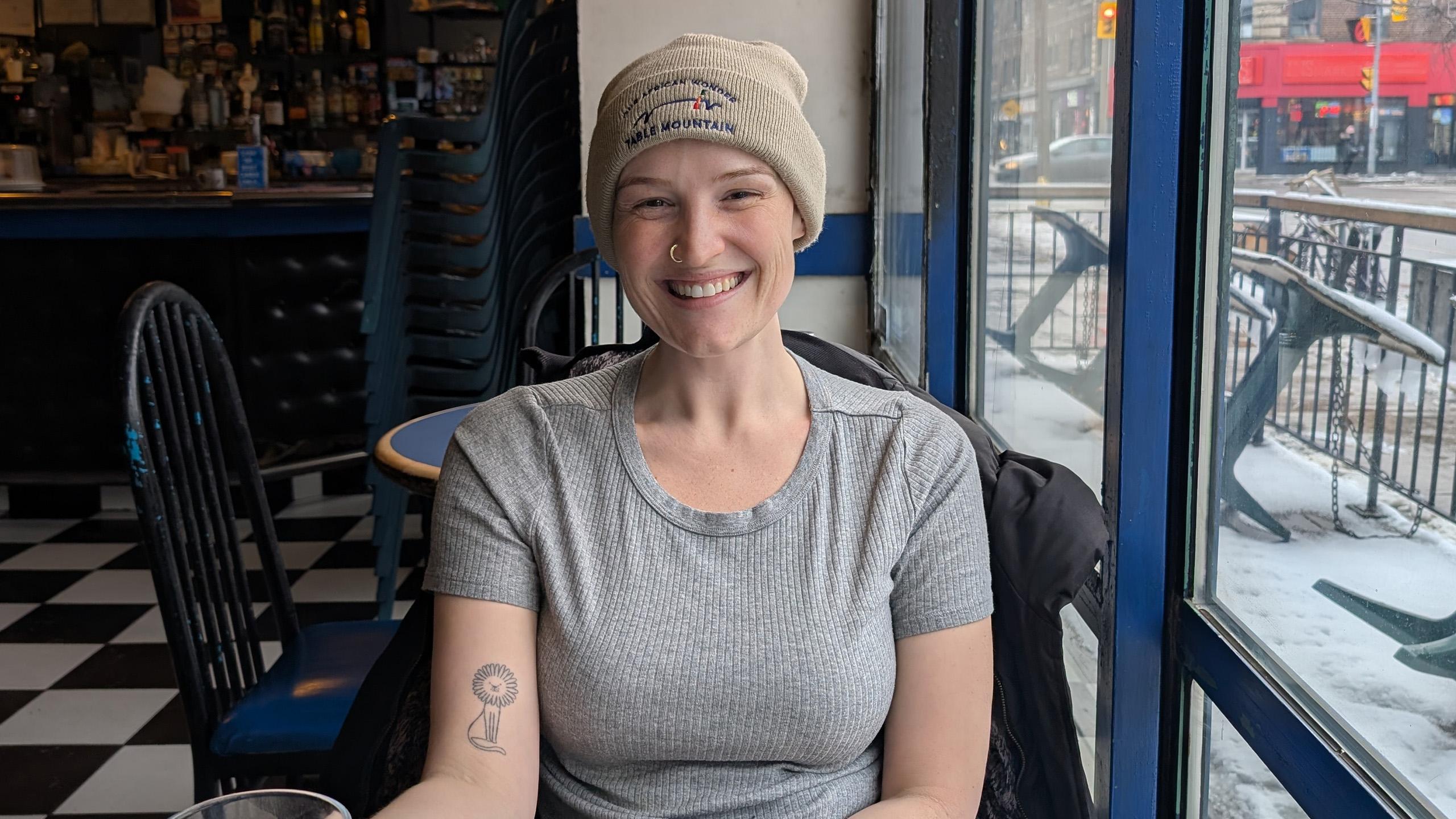
Taylor remembers the days leading up to her most recent hospitalization clearly. It was December. She had landed a role in a short film that was shooting in Hamilton and was excited to be back on set. But in the weeks leading up to the shoot, she started to notice all-too familiar signs.
The growing discomfort in her lower abdomen developed into a sharp, stabbing pain. She started rapidly losing weight. Her energy levels bottomed out.
Committed to her role, Taylor took some of her prescribed pain medication to make it through the commute and the entire day of filming. But when she got home, she knew she couldn’t put it off any longer. She was in the middle of an active Crohn’s flare, and she needed medical support.
Taylor packed her bag and headed to Mount Sinai Hospital, part of Sinai Health. Over the next 10 days, an expert team of gastroenterologists would work to manage the inflammation in her digestive system and keep it from developing into something life-threatening. This wasn’t the first time a Crohn’s flare landed her in the hospital, and unfortunately, it might not be the last.
Complex conditions require expert care
Crohn’s is one of two main forms of inflammatory bowel disease (IBD) — a group of conditions that cause inflammation in a person’s gastrointestinal tract. A staggering one in 140 Canadians has IBD and those numbers are rising. To date the causes of the disease are unknown, which can make it difficult to diagnose. And despite exciting advancements in available medications and treatment options, there is not yet a cure.
Sinai Health’s Centre for Inflammatory Bowel Disease is one of the world’s leading programs for advanced IBD treatments, research and education. Our expert teams of clinicians, surgeons and researchers work closely together to care for more than 7,500 patients each year and to study new treatments and procedures that can improve health outcomes for individuals who are coping with IBD.
And when patients like Taylor develop symptoms that show up outside of the gastrointestinal tract, such as arthritis, hair loss or skin irritations, or complex reactions to the medications that help them manage their symptoms, the unparalleled expertise of Sinai Health’s team of IBD specialists can make all the difference.
Dr. Vivian Huang, who is a gastroenterologist and clinical researcher at Sinai Health, specializes in supporting individuals navigating preconception and pregnancy while living with IBD. Since the illness — and certain medications and surgical treatments that help manage it — can impact a person’s fertility and pregnancy outcomes, Dr. Huang often works with patients in Taylor’s age range, carefully guiding them through choices that will support the best possible outcomes for their health and family planning goals.
"This is a very unique clinical program,” says Dr. Huang. “It can be challenging to try to find the right treatment for the patient at the right time. But, we have the expertise and we’re very comfortable with thinking outside of the box. We have a patient support group and there are buddy systems. So, we try to connect patients that way, who have shared medication or surgical experiences.”

A call for greater awareness and understanding
IBD has impacted every aspect of Taylor’s life, from her decisions on whether or not she’ll have children to choosing a career path that can be flexible when she’s having a flare. For her, an important part of sharing her IBD experience is a desire to end the stigma associated with living with a chronic illness — especially one that is often associated with the bathroom.
In the past, she’s avoided sharing her diagnosis with employers and even friends — worried about how that information would be received. But now, she hopes that bringing more awareness to the illness will lead to more understanding and help others be more comfortable speaking about it.
“It's a full body experience that's 24-7. There are down days where you are actually in a flare, where you’re just the weakest you can possibly imagine and it’s hard work to get your body to do anything,” says Taylor. “So, when people have that understanding and are able to make space for the days that I’m not able to show up the way I want to, that goes a long way.”
Thinking about the possibility of a cure for the illness is exciting, but also emotional. That’s why Taylor is grateful to the community of supporters who are investing in advancing research in this area.
“A cure would be so helpful to so many people. I just want to say thank you to the people who are donating to making research happen and to continue making the program better so that people don’t have to suffer,” says Taylor. “For myself, I feel like I have a lot to offer but I don’t always have the energy. It would be nice to feel better and do everything that I know that I can do.”

You can help transform the future of IBD care
As the number of Canadians struggling with this painful, often debilitating illness continues to grow, support for this work is needed more than ever. When you support IBD research and care at Sinai Health, you are investing in a future where we develop unparalleled expertise, advanced medical therapies and the best possible care for IBD patients like Taylor. Donate today.
